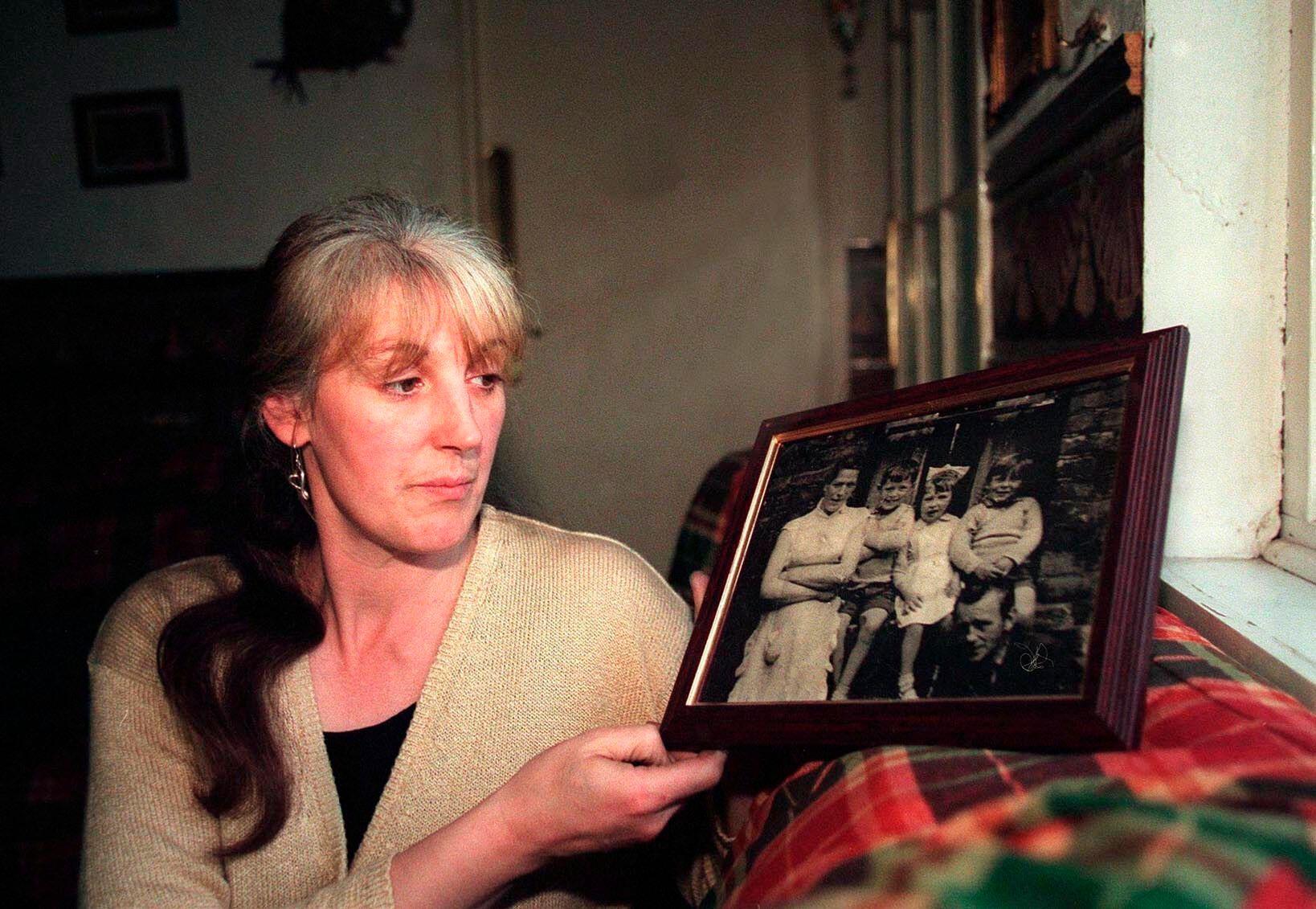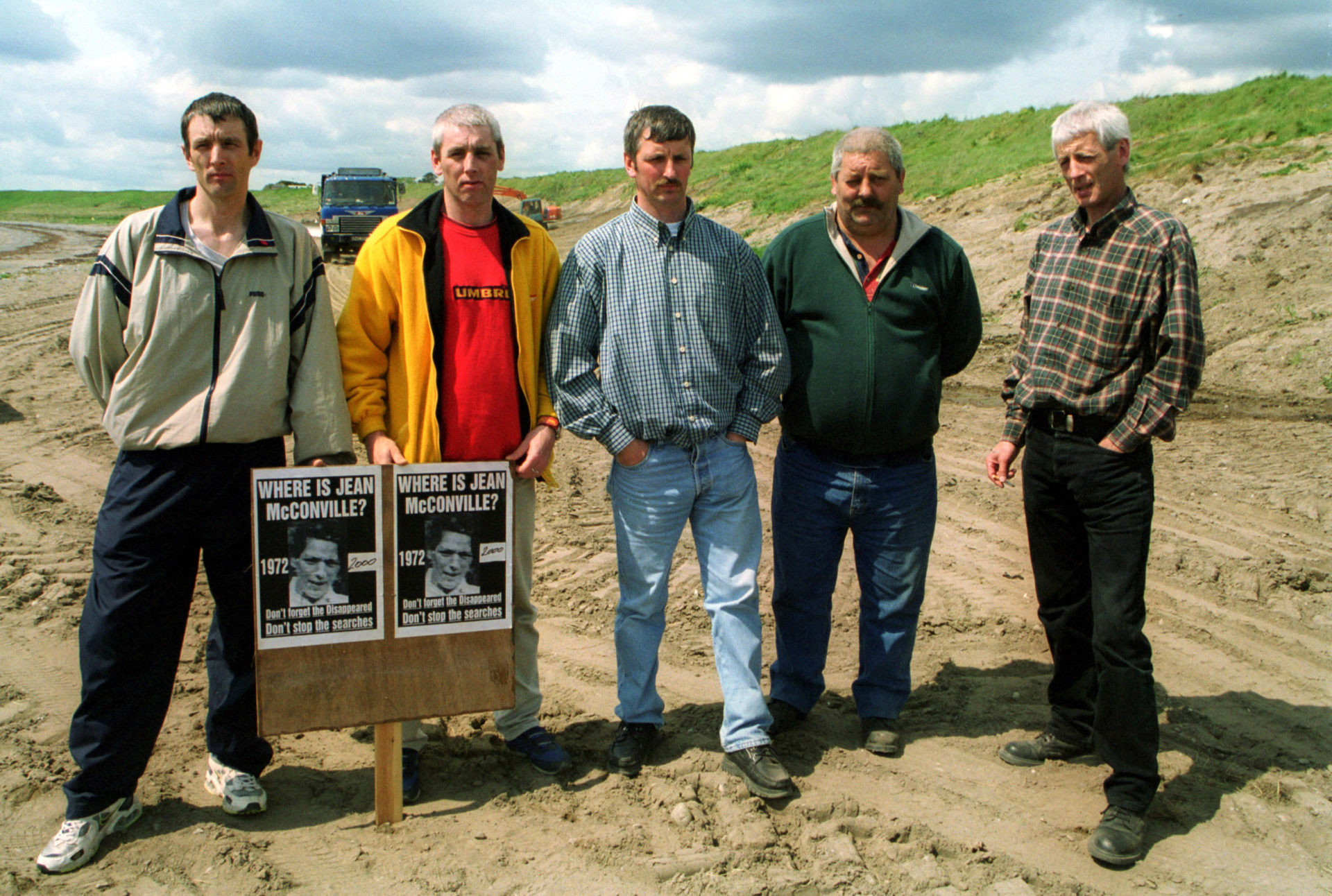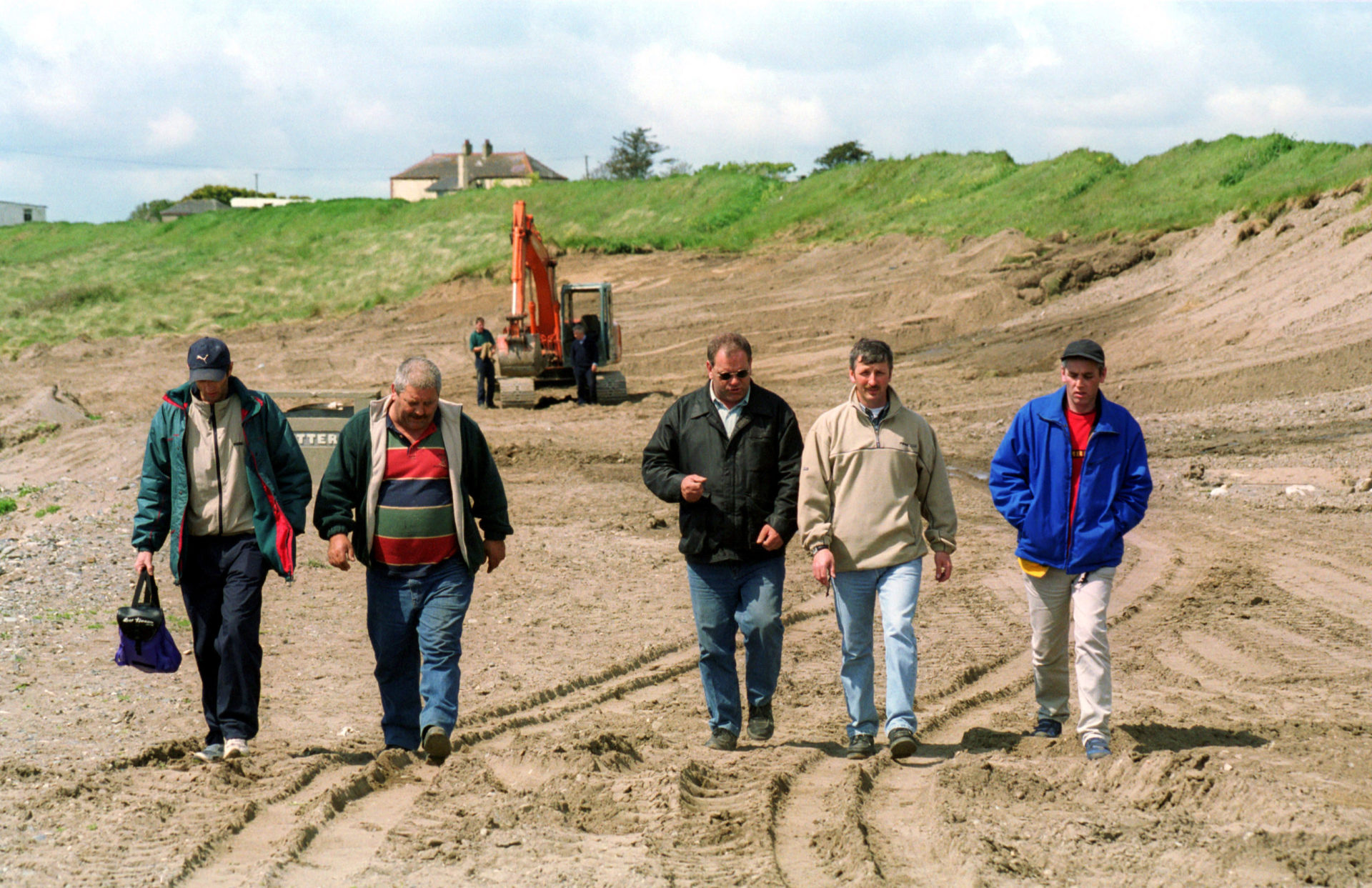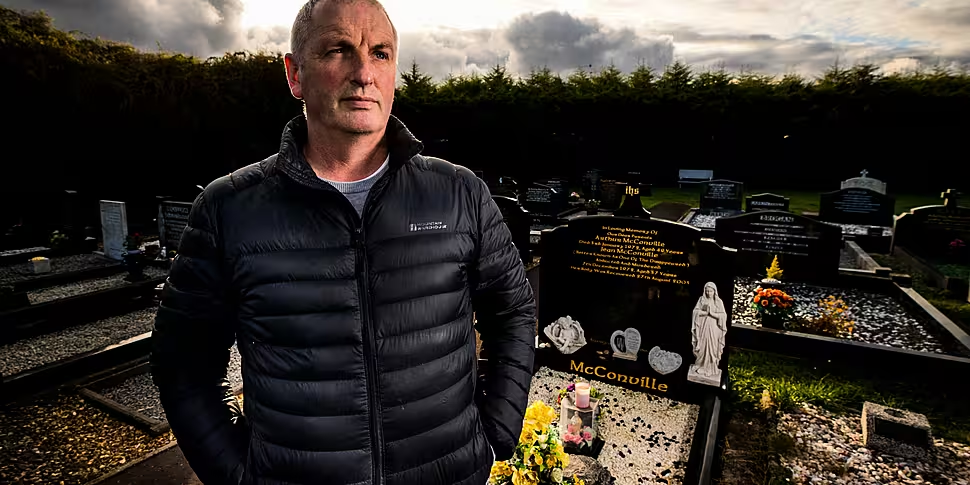The son of Jean McConville has said he will not watch Say Nothing, the new drama series about her murder, and wishes people would “leave us alone”.
In December 1972, Ms McConville was kidnapped from her home in the Divis Flats in West Belfast and murdered by the IRA.
At the time, rumours spread through the block of flats that the Protestant mother of 10 had been seen providing comfort to a wounded British soldier.
After she was kidnapped, it was claimed she was an informer - something that the Northern Ireland Police Ombudsman concluded was not true after an official investigation.
For decades, the IRA refused to reveal where they had left Ms McConville’s body and she joined the ranks of the ‘Disappeared’ - those victims of the Troubles whose loved ones had no body to bury or grave to mourn at.
In 2018, American writer Patrick Keefe published a bestselling book about her murder, Say Nothing; this month, it has been released by Disney+ as a nine episode drama series.
On Newstalk Breakfast, one of Ms McConville’s sons, Michael, said he wanted nothing to do with the series.
“I will not watch it - I don’t agree with it,” he said.
“The way I look at it, my mother’s disappearance and death caused a lot of trauma.
“They’re showing this here to entertain people - so, is that all my mother is worth?
“Getting murdered and secretly buried and it’s getting [retold] for entertainment?”
 Helen McConville looks at family photo which shows her mother, Jean McConville, before she went missing from her west Belfast home in 1972. Picture by: AP Photo/Peter Morrison.
Helen McConville looks at family photo which shows her mother, Jean McConville, before she went missing from her west Belfast home in 1972. Picture by: AP Photo/Peter Morrison.After the murder of their mother, the McConville children were orphaned - their father having died from cancer in 1971.
Republicans in their community lied to the family and insisted that their mother was simply “lying low”.
It was only in 1999 that the IRA admitted responsibility for Ms McConville’s death and four-years later her body was found on Shelling Hill Beach in County Louth.
Gardaí confirmed she died after a bullet was fired into her head.
“People think… it happened a long time ago but this is every day of our lives - this is what people have to understand,” Mr McConville said.
“It just doesn’t go away.”
 Billy, Thomas, Michael, Arthur and Robert, the sons of Jean McConville, in 2000. Picture by: Joe Dunne/Photocall Ireland.
Billy, Thomas, Michael, Arthur and Robert, the sons of Jean McConville, in 2000. Picture by: Joe Dunne/Photocall Ireland.Mr McConville was only 11 when his mother was kidnapped and murdered.
Now in his 60s, he describes it as something that “has been haunting me all my life” and fears he will never get closure.
“I thought when we found my mother’s body that was the end of the nightmare - that was only the beginning of it,” he said.
“After one thing after another, with people doing things about our mother, it keeps reappearing all the time.
“Hopefully this is the last thing that’s going to happen because I don’t know which way my family is going to go after this.”
 The search for Jean McConville in 2000. Picture by: Joe Dunne/Photocall Ireland!
The search for Jean McConville in 2000. Picture by: Joe Dunne/Photocall Ireland!Over 3,600 people were killed during the Troubles but the circumstances around Ms McConville’s death has made it one of the conflict’s most notorious cases.
52-years on, Mr McConville hopes interest in her story will one day begin to fade.
“I would love for everybody to leave us alone,” he said.
“My mother’s dead, let her rest in peace.
“People keep bringing it up and bringing it up.”
Anyone in need of emotional support can contact the Samaritans on 116 123.
You can listen back here:
Main image shows Michael McConville, son of IRA murder victim Jean McConville, at his parents grave. Picture by: Alamy.com









